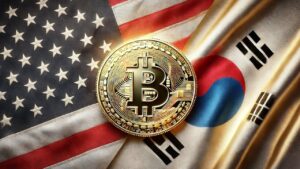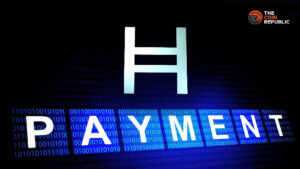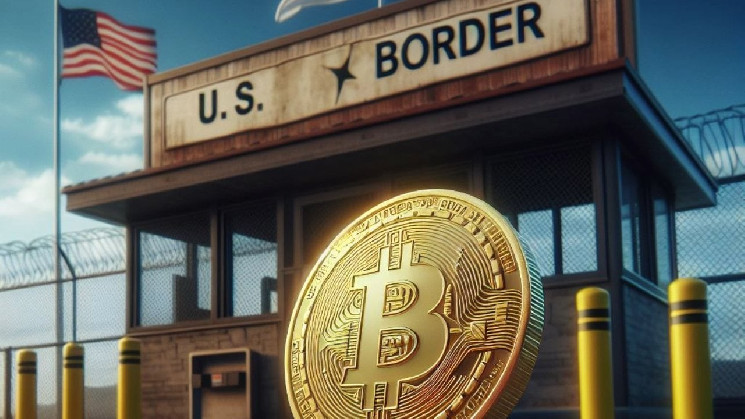Hodl Hodl, a non-custodial Bitcoin exchange, has announced changes to its “Terms of Service” agreement affecting the availability of its lending services. The platform is now excluding residents of the U.S. as well as U.N. embargoed countries from its lending platform, citing “regulatory uncertainty” as the reason behind these changes.
Hodl Hodl to Exclude US Residents From Accessing Its Lending Platform
Hodl Hodl, a decentralized, non-custodial, and anonymous Bitcoin trading platform, has changed its service agreement to exclude residents of the U.S. and of United Nations-embargoed countries from accessing its lending platform. The change, part of a “stricter policy” of the company regarding its services, was conducted after “careful consideration,” according to a release issued on Thursday.
In its updated agreement, Hodl Hodl clarifies that by using its platform, the users confirm they are not citizens, permanent residents, tax residents or located in the United States of America (including its states and the District of Columbia), the Virgin Islands of the United States, or any other possessions of the United States of America, Cuba, North Korea, Iraq, Iran, Puerto Rico, Somalia, Syria, Sudan, or any state, country, territory or other jurisdiction under the United Nations embargo.
The exchange stated this measure was part of its “ongoing commitment to adapt to regulatory uncertainty” and maintain high standards of security and integrity for its platform. It reiterated that the platform had never served U.S. customers and would continue to serve its global community prioritizing emerging markets.
However, this measure affects users from some of these prioritized markets. Catrya, co-founder of Cuba BTC, a Cuban bitcoin community, lamented this development and its possible consequences for Cuban citizens. “One more door that closes for Cubans,” she declared.
Finally, the company remarked that existing users in these restricted jurisdictions will be able to finalize their current loans, but won’t be able to engage in new ones.
What do you think about Hold Hold restricting citizens from the U.S. and U.N. embargoed countries from using its lending services? Tell us in the comments section below.
Read the full article here









